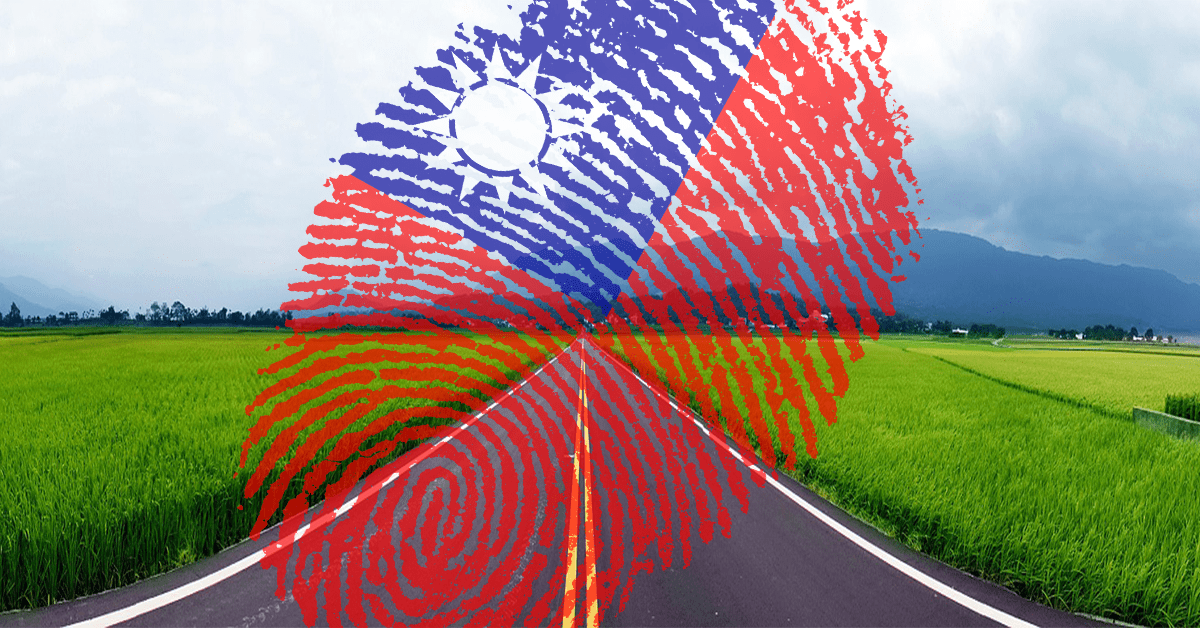by David Pendery
One of the central ideas in Francis Fukuyama’s Identity: Contemporary Identity Politics and the Struggle for Recognition (2019) is that identity as we understand it and emplace it within political contexts is comprised of three ideas. The first is thymos, a Greek word for “the part of the soul that craves recognition [and] dignity;” second is the difference between one’s inner self (one’s authentic identity and something of one’s “soul”) and the outer self (the self that functions in political and social contexts; here “identity politics” comes into full play); and third, an evolving conception of esteem by way of which recognition is granted to all in a society, and not just a favored sub-set. These ideas are of important in Taiwan today.
That a given “Taiwanese identity” has emerged in extraordinary ways in recent years is no longer a surprise to anyone. What is perhaps strange is that it took as long as it did to truly evolve. After all, peoples of all nationalities and ethnicities have long prided themselves on being just that—unique peoples with unique cultures, communities, polities, and not least, identities. Taiwan’s long history of colonization no doubt had an important influence here, and the people of Taiwan were rarely ever allowed to think of themselves as a unique commonwealth and citizenry. Well in any case, those days are past, and a new day has dawned, with Taiwanese people now celebrating their Taiwanese-ness, and all that suggests. This conception is still in some doubt, however, and everything from an associated and closely-related “Chinese-ness” to the fact that Taiwan and Thailand are often mistaken, complicates matters. But let the matter stand: Today, Taiwanese are Taiwanese, nothing more or less.
To return to Fukuyama, let’s look at his ideas and their importance in terms of modern Taiwanese identity. First, the idea of a people’s desire for recognition, principally as a nation and a commonwealth, and in turn individually, as citizens and civilians. This is an idea that has been evolving as far back as Martin Luther and the Protestant Transformation, and it came into truly serious acceptance with the works of Rousseau, Hegel and Kant. This is the veritable essence of free political thought and individuality. To be sure this is important to Taiwanese people, though their search for recognition has had a fairly torturous evolution, and is still incomplete, given Taiwan’s diminished status in world affairs and youthful democratic character. But this is not to say that Taiwanese people do not recognize their own values in term of their political systems and the lives they lead. In this respect, they have achieved the real deal, and all citizens are recognized as equals with equal rights. But again, Taiwanese people look to the world at large, and there they do not see the same full-scale recognition. Yes, they do see a lot of recognition from major world players, and as well from individual foreign citizens who live and visit here. But the uncertainty remains, and in a word, this is an incomplete element of Fukuyama’s triumvirate. But the future does not look dim for Taiwan.
In terms of point two of Fukuyama’s theory, this looks to be a fairly straightforward conception that Taiwanese people have a good grip on. Of course, the complications continue, as that which is “inner” about the Taiwanese often has a rough row to hoe in terms that which is “outer”—all those people and nations “out there” that still do not always assent to and respect that which is internally Taiwanese. This battle continues.
Finally, the embryonic conception of esteem, by way of which recognition is granted to all and not just favored groups of people, has certainly been accomplished in Taiwan in the large sense, with all citizens treated equally, with fair and free franchise, equal opportunity, and parity across all the people, not least the governors who are elected. There is one problem in this conception, however, which Fukuyama brings up. This is that the idea of equality in such a system is something of a two-edged sword. That is, an “equality of freedom” is granted to all, which is no doubt good, but its implementation does not always yield social and economic equality. Surely this is true in Taiwan, as it is in all liberal democracies with free, laissez-faire economic systems. This is troublesome, but is generally dealt with socially and governmentally. To return to the main point, the most important thing is that the essential recognition of equal citizenship, with all having a equal hand in selecting and modifying government, exists in the first place. And here again, Taiwan has attained this in spades.
Taiwanese and their identity. In this, like only a few other nations, the Taiwanese people have found and established an “equality of dignity of all human beings based on their potential for inner freedom.” Who am I? Taiwanese people have asked and answered this question in the most important and beneficial ways.


Leave a comment